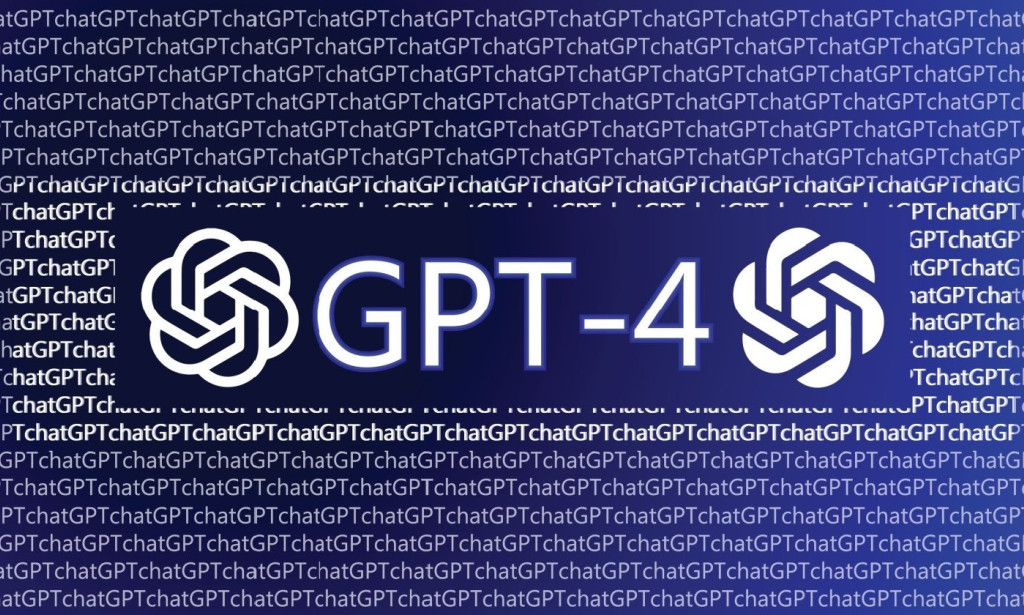ChatGPT represents a watershed moment in the history of generative AI because it can deliver human-like conversations on a wide range of topics and assist with software and hardware troubleshooting. Generative AI is wreaking havoc and leading to new AI tools to raise the bar for assistive technology despite ChatGPT’s gaining popularity. However, the enterprise applications of generative AI go far beyond ChatGPT. The most widely used Generative AI tools include Murf, Assbly AI, DALL.E-2, StockAI, Jasper, etc. These tools are the early adopters of generative AI technology. Therefore, AI innovation results in numerous Generative AI use cases.
Of these, a few are listed below:
-
Generative AI in Healthcare and Drug Discovery
Generative AI is skilled at developing hypotheses and concepts for medical research. By 2025, generative AI technology will be responsible for the discovery of more than 30% of new drugs and materials. The use of generative AI in drug discovery results in significant cost savings. According to a 2010 study, the average cost of developing a drug from discovery to market is $1.8 billion. Drug discovery costs accounted for roughly one-third of total costs, and the process took three to six years.
2.AI in Material Science
AI has an impact on industries by creating new materials with specific physical properties. The process, known as inverse design, defines the required properties and finds materials that are likely to have those properties rather than relying on chance to find a material that has them. As a result, materials that are more conductive, magnetic, or corrosion-resistant are discovered.


You must be logged in to post a comment.